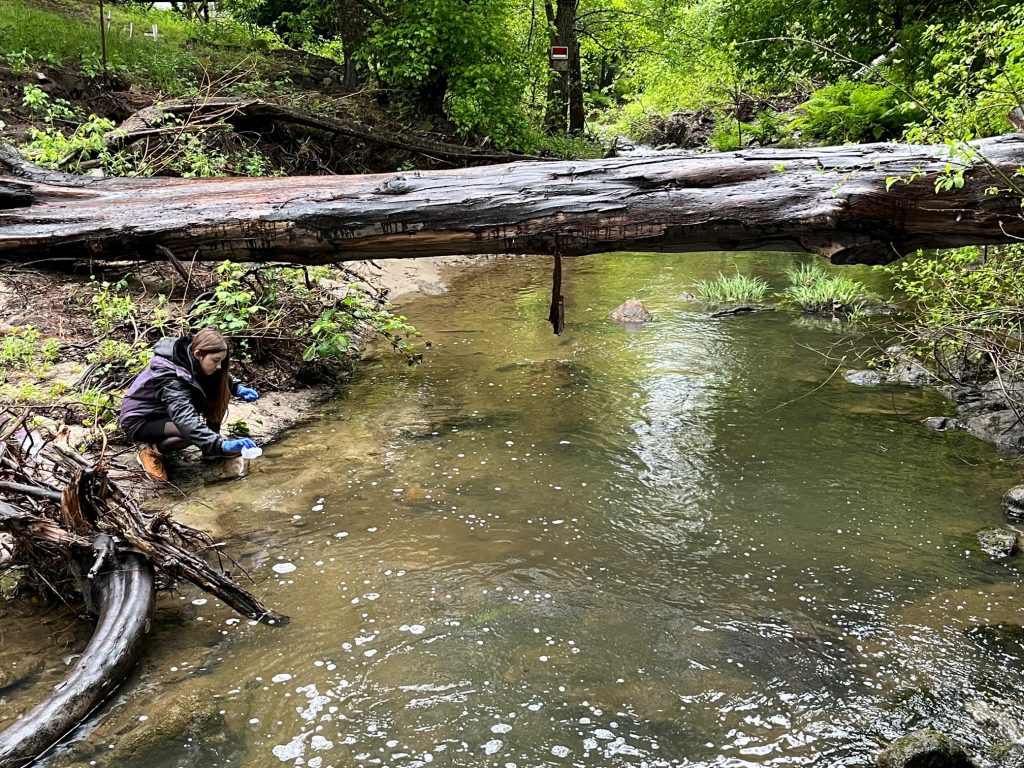The Central Coast Region’s Agricultural Order (Ag Order) regulates water that is discharged from agricultural operations under the Porter-Cologne Water Quality Control Act of 1969, which states that California will regulate water to the highest quality that is reasonable to preserve it for the use and enjoyment of the people. To improve water quality from agricultural runoff and infiltration, the Ag Order requires that growers comply with several conditions such as water quality monitoring of surface and ground water, developing a Farm Water Management Plant, reporting nitrogen applied and removed, as well as enrolling in the Order. Ag Order 4.0 was adopted on April 15, 2021 by the Central Coast Regional Water Quality Board. A compliance calendar, schedule of workshops, and additional information can be found on the Irrigated Lands Program website.
Central Coast Preservation Inc. has an approved third party program for assisting growers with the Ag Order. By enrolling with Preservation Inc, growers can receive help in complying with monitoring and reporting requirements of the Ag Order. Compliance guidelines and reporting requirements for nitrogen applications are explained in detail on Preservation Inc’s website. Preservation Inc’s cooperative monitoring program (CMP) monitors 25 sites across the Central Coast Region. The CMP provides basic water quality measurements, as well as lab analysis of nutrients, pesticides and toxicity. By participating in the CMP, generally growers will not need to monitor runoff from the edge of their field, which they are otherwise required to do semi-annually. However, if particular CMP sites have persistent water quality exceedances, ranch level discharge monitoring may be required by growers in the contributing subwatershed. Growers enrolled with Preservation Inc. will still need to participate in groundwater well monitoring. Groundwater monitoring is included in the third party program. By joining the third party program the rate growers pay for the annual permit fee imposed by the State Water Board is reduced.
Ag Order 4.0 Total Nitrogen Applied Reporting will eventually provide credits for many of the practices that prevent nitrogen from being infiltrated to groundwater or remove nitrogen from runoff. These practices are also good for the Sanctuary because they remove pollutants that might otherwise enter streams that flow to the Sanctuary. As these aspects of the Ag Order become finalized, more detail will be provided.

Water Quality Monitoring of streams that receive agricultural runoff and flow to MBNMS is included in the Ag Order.
Sources of Help:
Ag Order 4.0 Compliance Calendar
Resources to help with nutrient management including soil nitrate quicktest procedures
Information, forms, and resources at the Regional Board Website
General Background and History